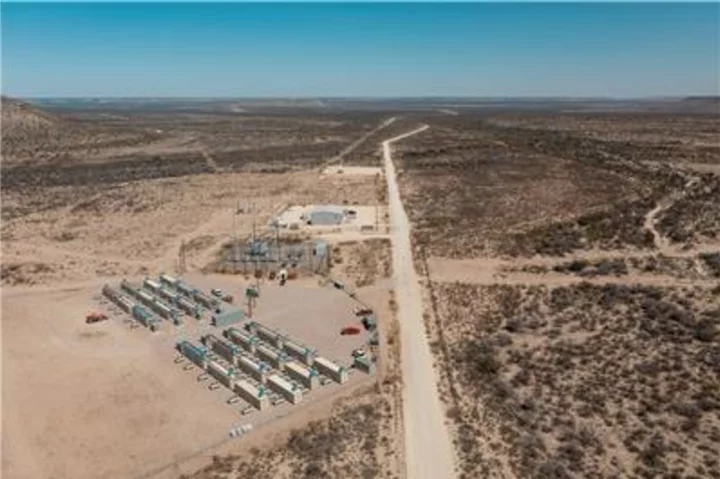The German unit of ING Groep NV is rejecting clients that fail to provide credible emissions-reduction plans, according to a senior executive.
Eddy Henning, who runs ING’s commercial banking activities in Europe’s biggest economy, says borrowers who don’t provide adequate responses to the bank’s inquiries about their carbon footprint should expect to have their loan applications rejected.
“What doesn’t work for us is if clients don’t have a view on how they’re going to transition” to a less carbon-intensive business model, he said in an interview. “Sometimes that does mean you have to walk away” from a borrower.
In practice, the policy means that ING Germany terminates client relationships — or rejects applications from businesses seeking to become clients — in “a handful of cases” each year, Henning said.
The comments mark a rare public acknowledgment from a major European bank, and suggest the tone around managing credit portfolios for climate risk is shifting amid ever stricter climate regulations.
Some bank investors, including Dutch and Nordic pension funds, have also signaled impatience with the industry’s perceived foot-dragging when it comes to steering capital away from high-polluting industries and toward greener businesses.
Severing ties with a large client can be costly for a bank, and is likely to have ripple effects across a number of products ranging from working capital loan facilities to cash management services as well as hedging products and acquisition finance. However, the decision also sends an important message, according to Henning.
When a client is dropped, it usually triggers “a thought process” with the company in question, Henning said. “When I look back today at companies that we walked away from a couple of years ago, they are now super bankable, so they really have changed,” he said.









